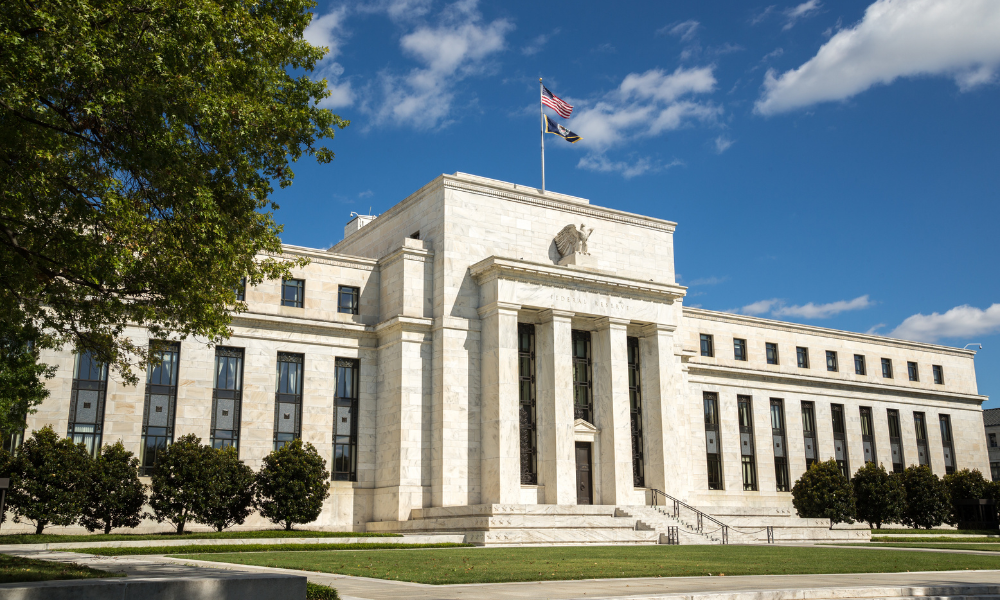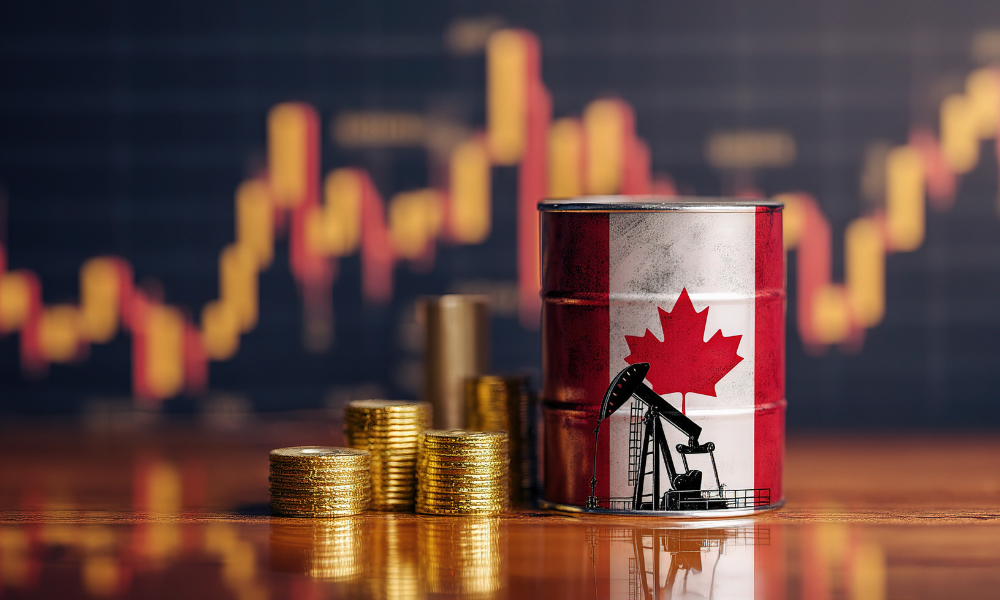Mark Carney's French skills under scrutiny as Freeland and Gould push to gain ground in the leadership race

Mark Carney, considered the front-runner in the Liberal leadership race, faces a major test Monday in Montreal as he participates in the first in-person French-language debate against his rivals.
According to Global News, this debate is a critical moment for Carney, who is new to federal politics and will need to demonstrate his ability to debate fluently in French under pressure.
With expectations high, Carney is likely to spend most of the debate on the defensive.
His French proficiency has already been questioned following his inaugural speech in Edmonton.
“Especially after his inaugural speech in Edmonton, some people criticized his French, saying it was not that good,” said Daniel Béland, political science professor and director of the McGill Institute for the Study of Canada.
Béland acknowledged that Carney does speak French but emphasized that Monday’s debate will be a key test, especially for Quebec and francophone voters.
“People will be listening very carefully, especially people in Quebec or francophones, to not just what he says but how well he says it,” he added.
This debate will also serve as an indicator of how Carney might perform in a general election debate against Conservative Leader Pierre Poilievre and Bloc Québécois Leader Yves-François Blanchet, both of whom are experienced debaters.
Meanwhile, Chrystia Freeland, a strong debater who has fallen behind in the race, sees this debate as a chance to reset her campaign.
“This is potentially an opportunity for her to put some gas and some energy back into her campaign, and perhaps for Liberal party members to remember why it is that they have been so fond of her for so many years,” said Carlene Variyan, a Liberal strategist with Summa Strategies.
Carney remains the leader in endorsements, polling, and fundraising, making him a frequent target of criticism from Poilievre and Conservative MPs.
However, according to Global News, his lead does not mean he has secured the leadership. Variyan noted that unexpected developments could still change the race.
“Anything can happen because this is a campaign,” she said. “I wouldn’t be prepared to rule anything out, particularly because of the unpredictable and erratic nature of decisions that come from south of the border and (US President) Donald Trump.”
Other candidates, including former government House leader Karina Gould and former Montreal MP Frank Baylis, will also be on stage.
Variyan suggested that Gould, who has exceeded expectations in the race, could benefit the most from a strong debate performance.
“She has been a force in this race that I don’t think a lot of political observers perhaps would have predicted at the outset,” she said.
Variyan also pointed to Gould’s growing momentum and said her debate performance could determine whether she overtakes Freeland as the second-place contender.
“What would be very interesting now would be to see whether the race for second truly becomes competitive between Gould and Freeland,” she said. “That to me is the big story of this leadership campaign—who Karina Gould is and what she’ll do next when this is over.”
An English-language debate will follow on Tuesday in Montreal.
Although leadership debates do not always determine the final outcome, they can be pivotal moments in a campaign.
Nelson Wiseman, professor emeritus of political science at the University of Toronto, said debates sometimes shift political momentum.
He pointed to the 2011 federal French debate, where Jack Layton’s performance helped the NDP become the official Opposition.
However, Wiseman also noted that strong debate performances do not always translate into electoral success, citing Kamala Harris’s debate against Donald Trump as an example.
Another factor influencing the race is the party’s leadership selection process.
“We could still have surprises, and that’s because of the method that the Liberals are using to select the leader,” Wiseman said.
Each riding is worth 100 points, meaning that ridings where Liberals historically perform poorly could become crucial battlegrounds.
Freeland has focused on securing support in key regions, particularly in rural Quebec and Alberta. She has courted dairy farmers in Quebec and engaged with Ukrainian communities in Alberta, a strategy that Wiseman compared to Belinda Stronach’s 2004 Conservative leadership bid.
“She’s playing it very smart to do that,” he said. “Belinda Stronach came in second, ahead of Tony Clement. How did she come in second? She swept all these Quebec ridings.”
Liberal members will begin voting on Wednesday, immediately following the debates. The party will announce the new leader on March 9.



